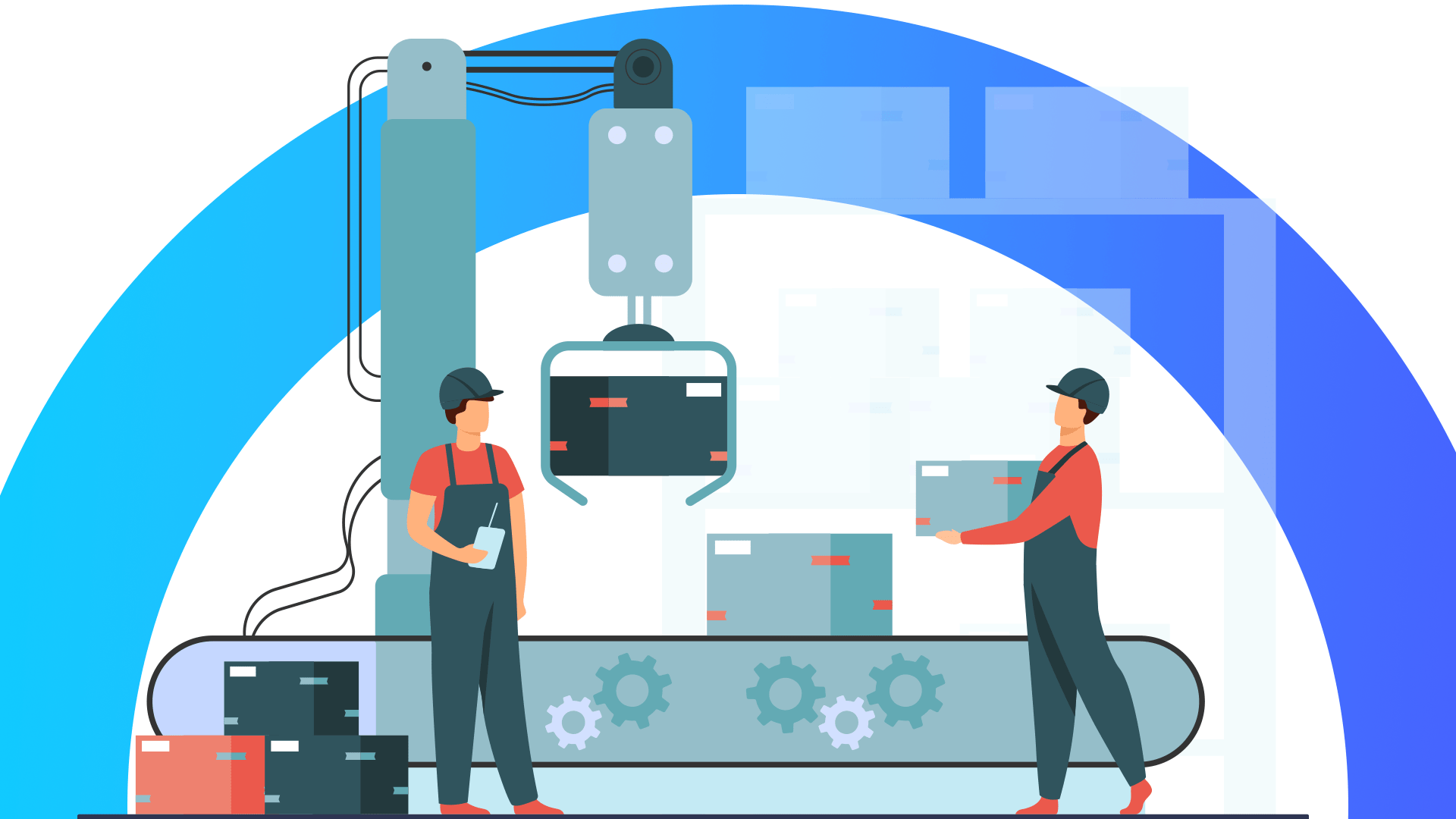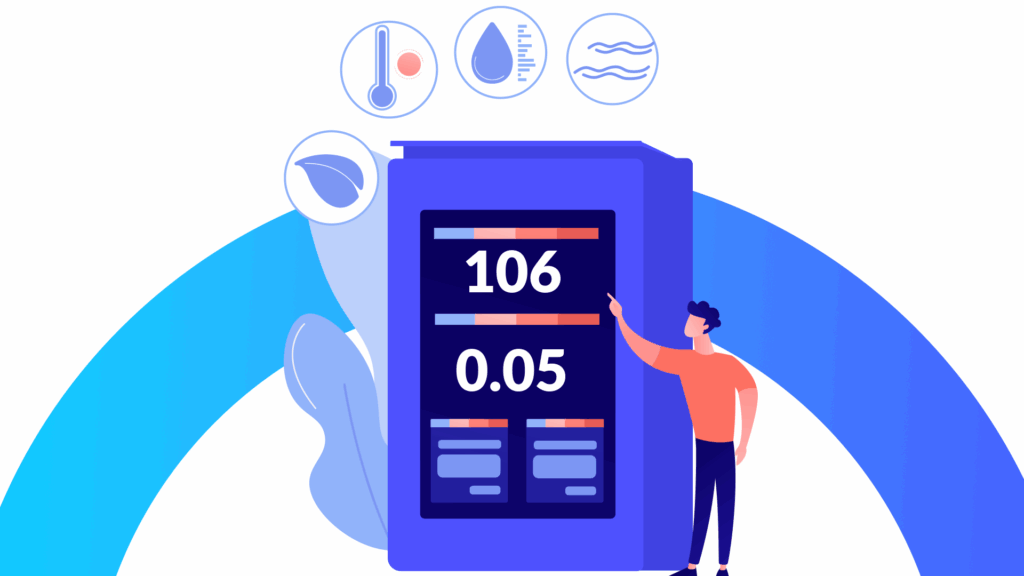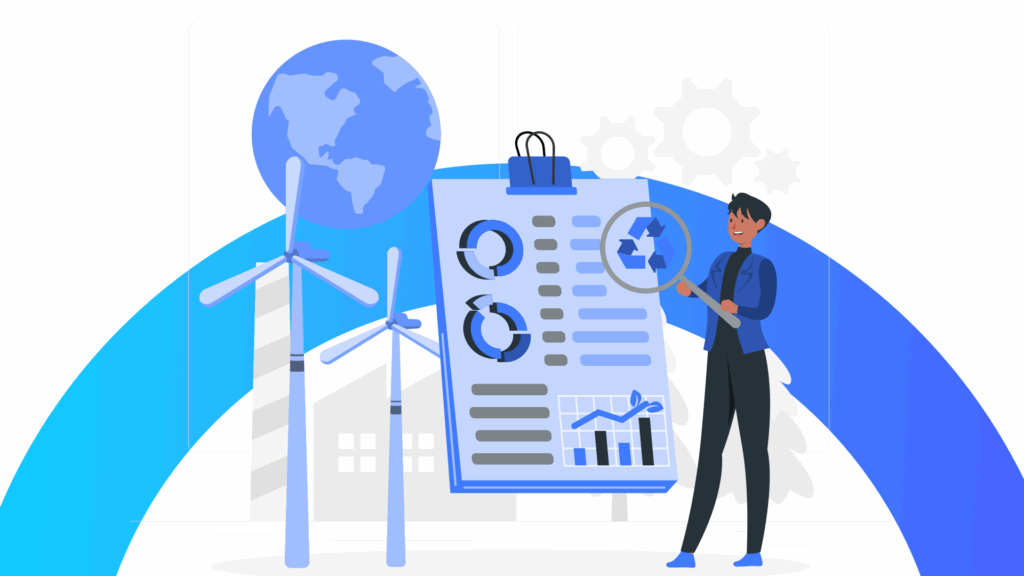Citizen data scientists are reshaping smart manufacturing by utilizing advanced analytics and machine learning tools. No longer limited to traditional data scientists, shop floor employees now leverage real-time data to enhance decision-making, efficiency, and operational performance.
Citizen data scientists and machine learning
Smart factories are no longer a thing of the future. Instead, they are a reality of now, making space for a new type of data scientist – the citizen data scientist, in the factory. This is the result of growth in machine learning in manufacturing and augmented analytics.
With a growing number of connected devices paired with user-friendly tech, more workers are needed to leverage the resulting data. Regardless, the question still arises- can machine learning and augmented analytics only be leveraged by formal data scientists? The short answer to this is no. Now, let’s explore the why.
Shift to citizen data scientists at the advent of Industry 4.0

Leveraging data is the new IT thing, with manufacturers looking to increase efficiency, productivity and OEE. With industry 4.0 technologies being used fervently, the frequency of data is not the only thing that has increased. With it comes the enhanced ability to handle and analyze complex and large sets of data i.e. Big Data.
No longer is the analysis and optimization of production processes, along with handling applications for AI-powered predictive and prescriptive analytics, the duty of data scientists. Plant managers are now tackling live production data on the ground level, having to make real-time decisions. Historians and edge data form the basis of analysis done by process engineers working on the shop floor. Such changes warranted the need for a more democratized approach to big data by nurturing the citizen data scientist.
What is a citizen data scientist?
Why is it essential to nurture citizen data scientists?
As we know, centralized and siloed data causes immense grief for manufacturing operations. Data science units that are siloed and centralized fail to utilise the large volume of important data, that can enable major problem solving for the business. This is particularly true for large multinational, that has hundred of business units sprawled all across the globe.
On the other hand, the people working at the ground level of these business units are well versed in that data and the problems that need to be tackled. If these people were to be trained to become citizen data scientists, the opportunities that would arise are tenfold. The relevant people would utilize Big Data to handle issues arising in real time.
However, there’s a catch. To optimize success and minimize risks of integrating citizen data scientists into the AI and ML strategy of the organization, specific steps need to be taken.
Steps to mitigate hurdles for citizen data scientists
Machine learning tools do not tackle gaps in training, expertise and experience of the user. Hence, when used by an untrained, novice digital data scientist, certain pitfalls may occur. Therefore, certain steps need to be taken to ensure that citizen data scientists make the best use of these efficiencies.
Education and training
Desirable techniques and guidance should be published and shared with citizen data scientists. This allows them to discover answers to their queries and to continue to grow. For example, there are best practices that address issues such as unbalanced data sets, over and under-fitting models, etc. These practices should be readily accessible internally and searchable by everyone and anyone creating a model. The information can be made available in a variety of formats, including an internal platform or another similar software.
Sharing of similar use cases
The most effective educational tools you could use to serve your non-data scientist colleagues are case studies or example cases. They can use these as a template to develop their ideas. This has the added benefit of speeding up time-to-value and avoiding the duplication of work and, thus a waste of resources.
Access to external resources to educate and inspire
People operating within one group may suffer from ‘group think’, i.e. the inability to develop innovative solutions. One effective way to overcome that is to inspire and give access to resources which showcase the use of AI across all business functions and industries.
Alternative approach
As we’ve established, leveraging data is the ultimate way to sustain a competitive advantage. While data scientists are important, they are not always needed when trying to use ML for business success. Instead, employees can be trained to use real-time data, processed through machine learning solutions and IIoT platforms, for prompt decision-making.
To learn more about the importance of leveraging big data in fueling business success, click here.




